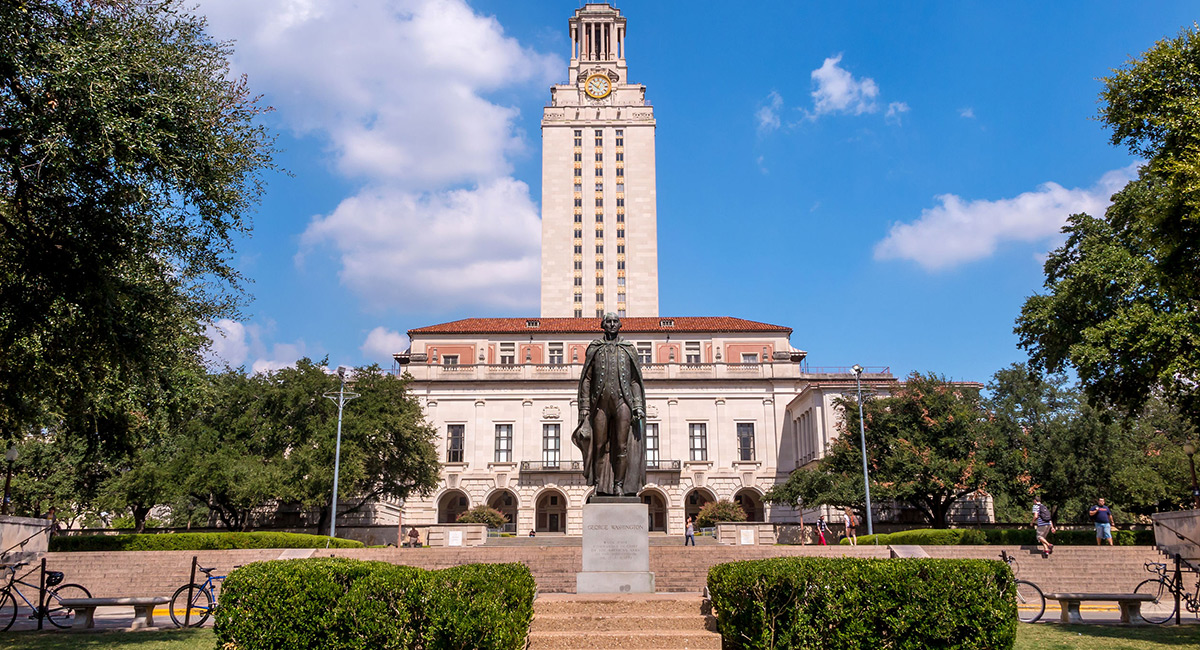I am an economist, and we are often mediocre or horrible forecasters of the future. If you ask 10 economists “what is the interest rate on U.S. government 10 year bonds going to be six months or a year from now,” you might get roughly 10 different answers—and at least nine of them will be at least slightly wrong. Because I have a far less exulted view of the genius of economists than many of my academic colleagues, I usually avoid making predictions about things like the stock market averages, unemployment rates or GDP growth.
In spite of all of that, I feel pretty confident that the American economy at, say, the end of 2022 and possibly far sooner is going to appear less robust than it appears today. The stock market has probably peaked already, and if it declines it will adversely impact university endowments, and, after some lags, faculty and staff pensions. If, as seems quite possible, it induces a general economic slowdown, it will also adversely impact state appropriations for universities, donations from private donors, etc. And it potentially could exacerbate an already serious problem—a declining number of students in America’s myriad academic villages, as the government may be pressured to reevaluate giving huge amounts of grants and loans to students unconditionally regardless of academic performance.
Why my pessimism? Our nation’s central bank is following a policy that many economists feel is totally irresponsible, buying $120 billion in U.S. government bonds and securities every month, pumping up the money supply and unleashing inflation that, I think is probably more than a short-term modest spike—while promising to continue this policy for at least another year before allowing short term interest rates to rise. When Keynesian economists like Larry Summers and conservative ones like Phil Gramm both say similar things about irresponsible federal economic policy, you know we have potentially a worrisome situation.
While the Fed does the equivalent of dropping money out of airplanes, the off the wall extraordinarily expansionist fiscal policy of the Biden Administration is at least mildly and probably importantly complicit in what I think probably will be at least somewhat bad times ahead. Multi-trillion dollar federal budget deficits in periods of prosperity are not sustainable forever. Even the actions the Administration proposes to moderate fiscal irresponsibility (budget deficits), such as sharply raising corporate and capital gains income taxes, are, if enacted, likely going to curtail entrepreneurial innovation and promote a stagflation reminiscent of the 1970’s—a slowdown in economic growth, periods of high unemployment, a stock market declining in real terms, and sky-high interest rates.
How did American universities fare in the stagflation era 1970s relative to the high growth 1960s? In general, “ far less well,” although the experience obviously varied a lot from school to school. Inflation and enrollment adjusted university endowments sagged considerably, seriously hurting private schools. At my rather typical state university, enrollments in 1980 were less than in 1970, in marked contrast to the experience a decade earlier when they were rising five percent or more per year. In some years, inflation-adjusted faculty salaries declined noticeably. I think of the 1950’s and 1960’s, with its low inflation and at least moderately responsible fiscal and monetary policy, as the Golden Age of American higher education, while the higher inflation period following was distinctly less favorable. Universities, with their bureaucracies and pricing (specifically, tuition and room and boards fees) that can change only once a year at the most, are often caught off guard by sudden inflationary impulses which private enterprise can react to far quicker.
Other unintended effects of inflation are worth watching. If a downturn occurs in the U.S, there is an excellent possibility it will spread internationally. This might well reduce the demand for American universities by foreign students, who then might decide to forgo colleges or attend cheaper schools closer to home. Foreign students paying full tuition fees have been a huge blessing for many American universities in recent years, and anything imperiling that could have adverse financial effects at some schools. To borrow from John Donne, universities are not islands onto themselves, and are not immune to adverse developments in the broader economy.












